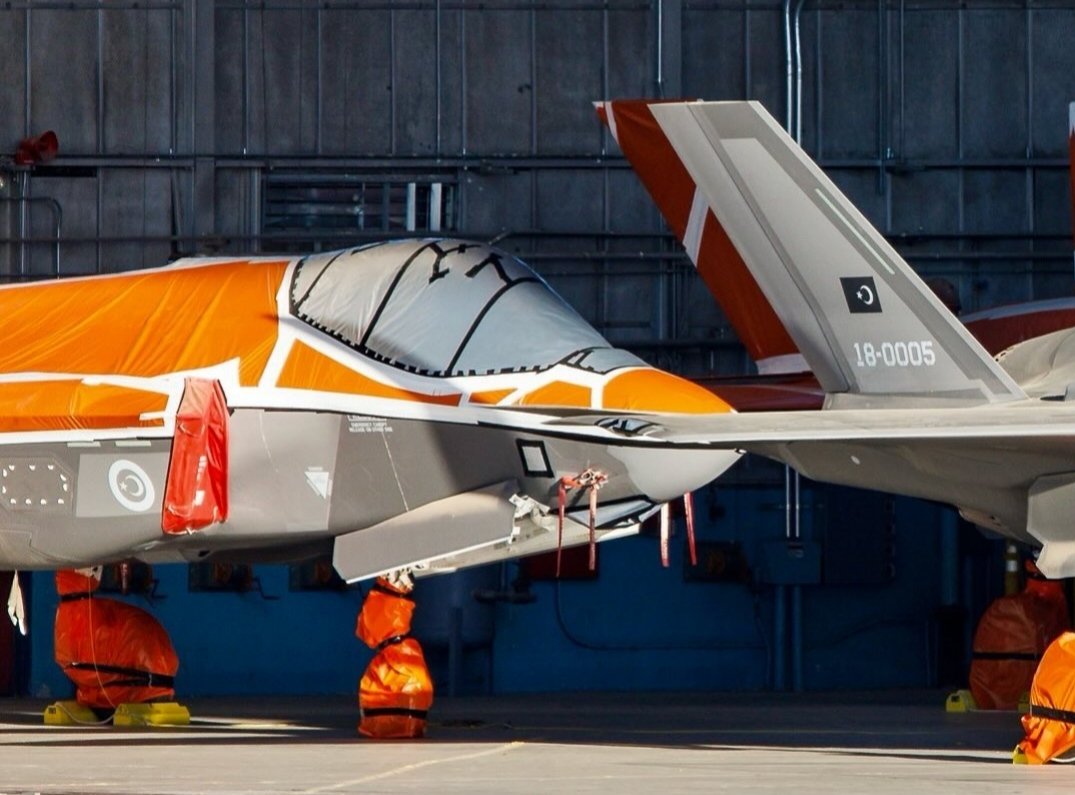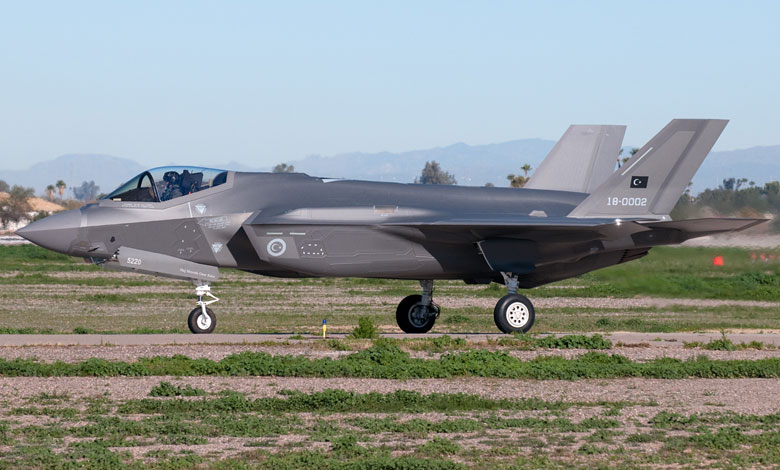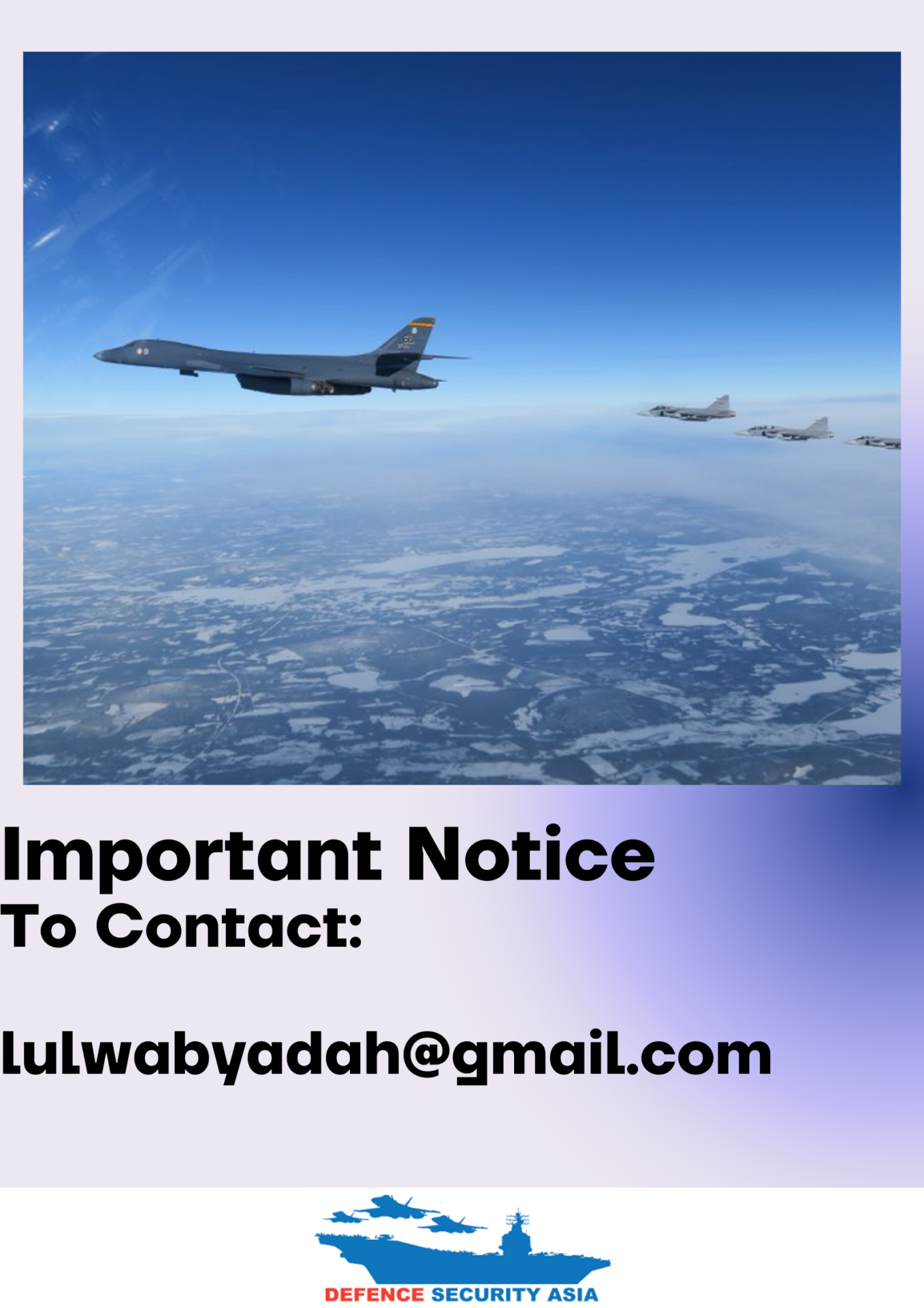Speculation Intensifies: Turkey Likely Allowed to Resume Purchase F-35 from US
Speculation swirling in Turkey following Nuland's statement suggests that the CAATSA (Countering America's Adversaries Through Sanctions Act) restrictions imposed by Washington on Turkey may potentially be lifted, allowing Ankara to resume its purchase of 100 F-35 fighter jets.
(DEFENCE SECURITY ASIA) — Numerous speculations have arisen regarding Turkey’s participation in the F-35 fighter jet program since US Deputy Secretary of State Victoria Nuland stated at the end of last January that Washington was prepared to “welcome back” the Mediterranean country into the fifth-generation fighter jet program.
“If we can resolve the issue of the S-400 air defense system (made by Russia and purchased by Turkey), which we (the United States) want to resolve. The United States is very happy to welcome Turkey back into the F-35 family.”
“If we can address this issue, the CAATSA (Countering America’s Adversaries Through Sanctions Act) issue will disappear, and we can return to discussions regarding the F-35,” she said.
Nuland’s statement has raised various questions and concerns in Turkey.
US Ambassador to Turkey Jeff Flake recently stated that Nuland, during her visit to Turkey last January, had “suggested a solution” to the issue of Turkey’s acquisition of the F-35.

Speculation swirling in Turkey following Nuland’s statement suggests that the CAATSA (Countering America’s Adversaries Through Sanctions Act) restrictions imposed by Washington on Turkey may potentially be lifted, allowing Ankara to resume its purchase of 100 F-35 fighter jets.
Moreover, six out of the 100 F-35 jets destined for Turkey have already been built in the United States.
However, due to the CAATSA restrictions imposed by Washington, these six aircraft are currently “languishing” in hangars in the US.
The $1.4 billion advance payment made by Turkey to the United States for its participation in the F-35 development program also remains in Washington’s hands, which is reluctant to return it.
Furthermore, not only is Washington unwilling to return the $1.4 billion advance payment made by Turkey, but it also demands that Ankara pay $30 million for the maintenance of the six F-35 jets owned by the Mediterranean country, which are currently kept in hangar in the United States.
Turkey, a NATO member, has been treated unfairly by another NATO member in the F-35 issue.

This is because not only Turkey but also its “traditional adversary,” Greece, has bought and operated the S-300 air defense system from Russia without being subjected to CAATSA restrictions.
The same applies to India, which has acquired the S-400 air defense system.
Not only have these two countries, Greece and India, not been subjected to CAATSA restrictions by the United States for buying Russian-made air defense systems, but Washington has offered to sell them fifth-generation F-35 fighter jets.
In the case of Turkey, the sale of F-35 jets to the Mediterranean country has been withdrawn after CAATSA sanctions were imposed on it for procuring the S-400 air defence system.
If speculation suggesting that the CAATSA sanctions imposed on Turkey will be lifted to allow the Mediterranean country to resume its purchase of 100 F-35 jets proves true, one of the main questions among observers in the country is: “What will happen to Turkey’s indigenous fighter jet development program, ‘KAAN’?
The “KAAN” fighter jet recently completed its maiden flight, and it is expected that by 2028 the Turkish Air Force will receive 20 of these fifth-generation aircraft.

What will happen to “KAAN” if the CAATSA sanctions on Turkey are lifted, and the Mediterranean country resumes its acquisition of 100 F-35 jets manufactured by Lockheed Martin?
A few days ago, Admiral Zeki Akturk, public relations advisor to the Turkish Ministry of Defense, was quoted by the local media in the country as saying that there are currently no changes in Turkey’s or the United States’ policies.
According to Akturk, the Turkish government will continue negotiations with the United States and wants Washington to return the $1.4 billion advance payment it made for the F-35 fighter jet program.
At the same time, Ankara will continue its efforts to purchase Eurofighter Typhoon fighter jets from the consortium of European countries.
According to Akturk, Turkey’s current focus is on continuing the development of domestically produced fifth-generation fighter jets, “KAAN.” — DSA



Comments are closed.